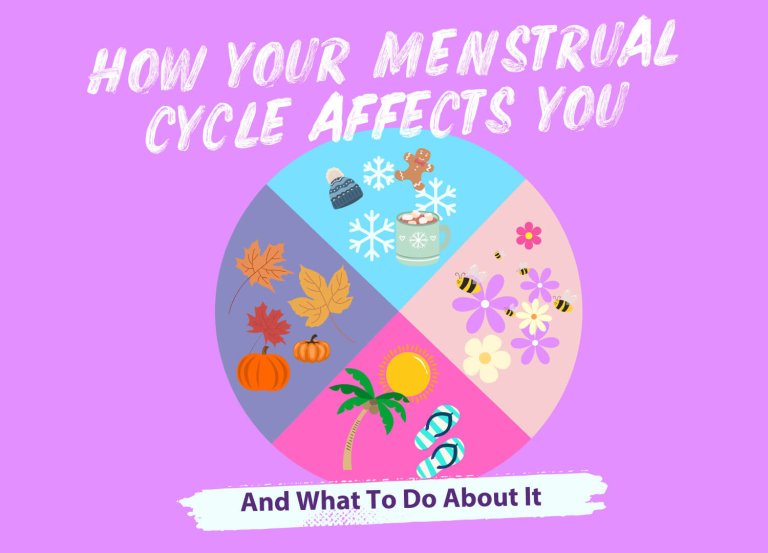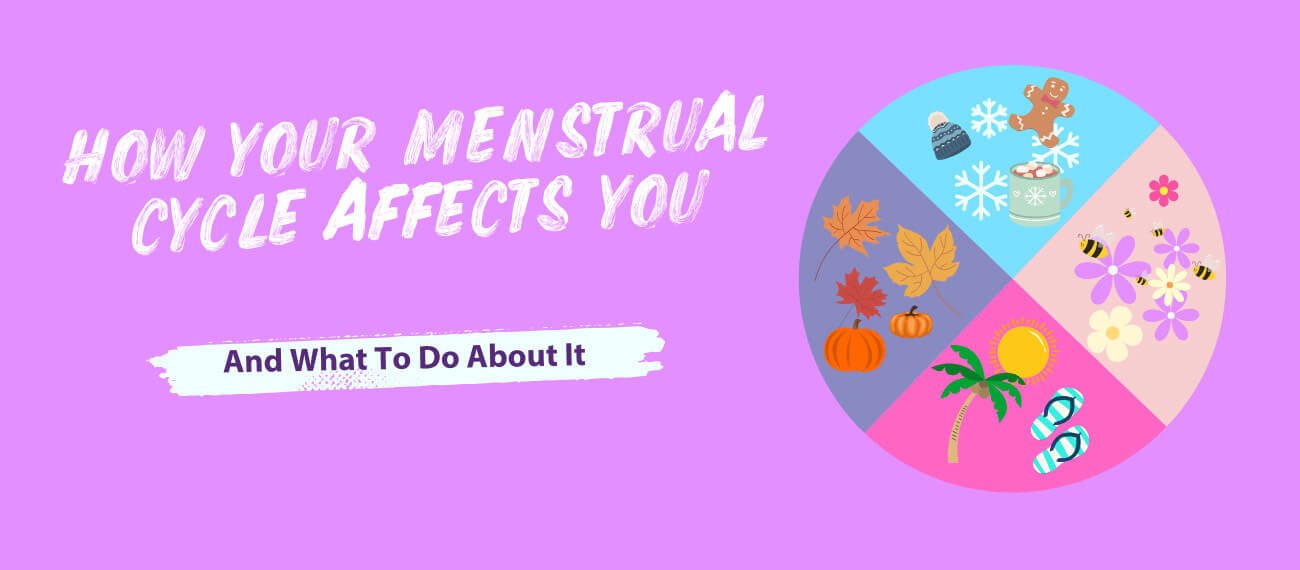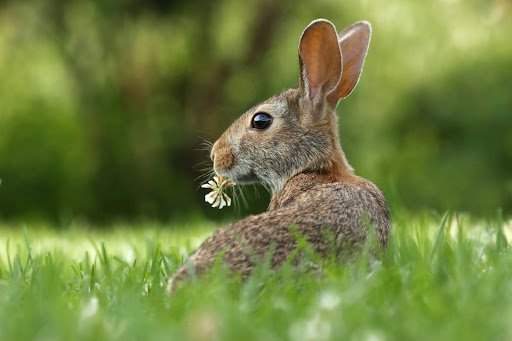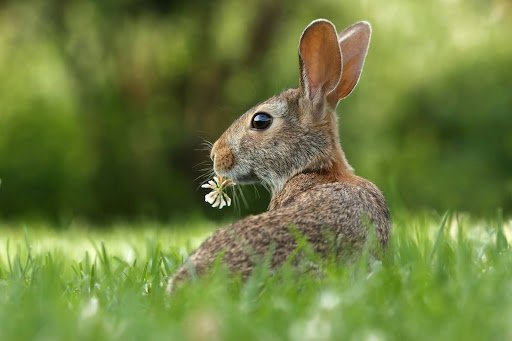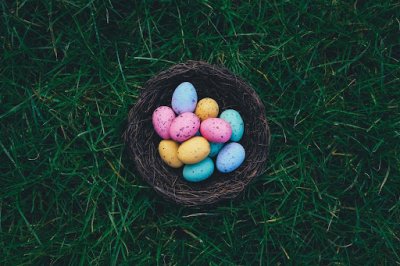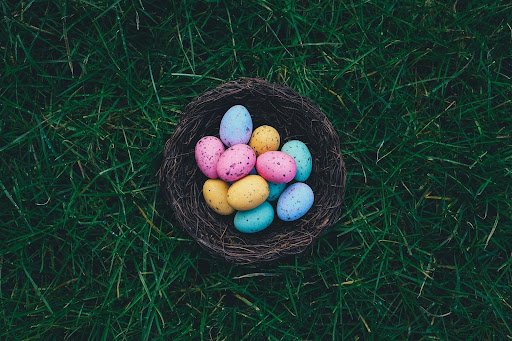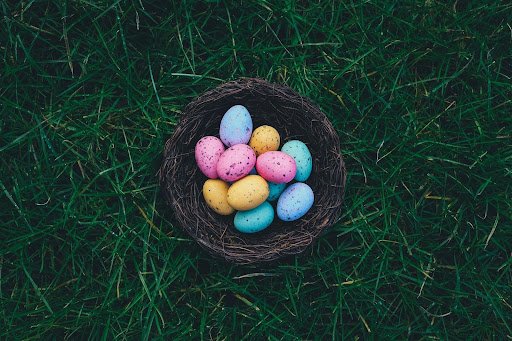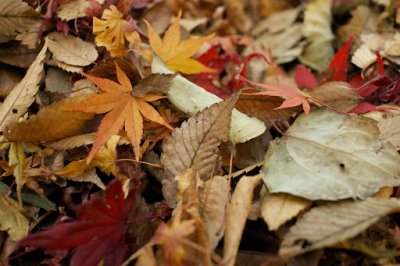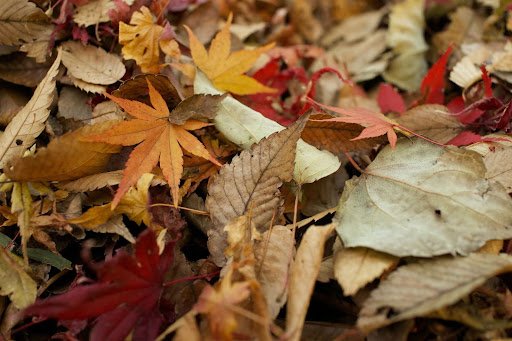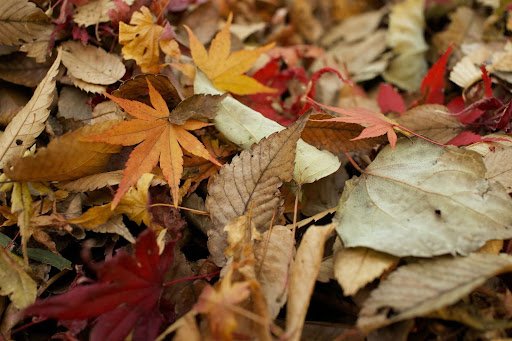How Your Menstrual Cycle Affects You - And What To Do About It
Do you ever feel like sometimes you wake up buzzing with energy and feel ready to take on the world, and other times you want to curl up under a blanket and snuggle with your phone, like a chrysalis in a cocoon? Many different factors affect your energy levels, including where you are in your menstrual cycle.
You might’ve heard that people who menstruate have two body clocks, while men only have one. We all have a circadian rhythm, which is our natural 24-hour biological clock. Our circadian rhythm boosts the stress hormone cortisol levels in the morning to help you wake up and feel alert, and it releases melatonin at night to induce those sleepy feelings and encourage you to drift off.
Our circadian rhythm is super important for digestion, sleep, and alertness during the day. Do you feel sluggish in the morning? There are things you can do to help optimise your circadian rhythm; going outside in the morning and letting the sunlight (safely) drift into your eyeballs can elevate your cortisol levels in the morning, which is when you’d want them to be higher. This then sets your circadian rhythm, so your energy can naturally abate throughout the day and taper off when it’s time for bed.
Did you know that women also have another internal clock? Let’s talk about the infradian rhythm.
What is the Infradian Rhythm?
An infradian rhythm is a biological cycle that is longer than 24 hours but less than a year. The menstrual cycle is an example of an infradian rhythm. The menstrual cycle lasts for (roughly) 28 days, but a regular cycle can be as short as 21 or as long as 35, and irregular cycles can be longer or shorter. Women and people who menstruate will begin experiencing the menstrual cycle infradian rhythm when they hit puberty and will stop experiencing it with their last period before menopause.
The Four Stages Of The Menstrual Cycle
We often think of the menstrual cycle as the period and then everything else that comes around it, but your cycle actually goes through four stages as your body prepares itself for a potential pregnancy.
When we learn about the menstrual cycle, it’s often taught in purely biological, scientific terms. Our bodies aren’t just some abstract scientific entity; we are experiencing how it feels to be in our bodies and so it helps to know what’s going on with them in practical ‘how does this actually affect me’ terms. So how does each stage of the menstrual cycle feel and how do these four phases affect us? Let’s get into it.
The Menstrual Phase: Inner Winter
The menstrual phase (i.e. the period) is the first stage of your menstrual cycle. During ovulation, oestrogen levels thicken the lining of your uterus for the potential implantation of a baby. If there is no baby, that lining sheds through your vagina.
Nour is a yoga teacher and menstrual cycle coach who is passionate about helping people work with their bodies, not against them. She encourages us to see each stage of the menstrual cycle as an internal season. “Just before menstruation, progesterone, oestrogen, luteinizing hormone (LH), and follicle stimulating hormone (FSH) drop significantly,” says Nour. “This is when we may be feeling a bit more tired or not as up for doing a bunch of stuff. When we start to become aware of our cycles, we can start to predict when we’re going to be in our bleed and make adjustments where we can.”
We tend to like some seasons better than others. You’re far from alone if you love the warm embrace of summer and dread the dark, cold, long winter nights – but each season is important and has its own benefits. So how can you make the most of being on your period?
“During your period, focus on rest and reflection, using this low-energy time for self-care and introspection,” says Dr. Anna Targonskaya*, an OBGYN and Obstetrician-Gynecologist. “Gentle movements like yoga or walking can help reduce cramps, while iron-rich and anti-inflammatory foods like leafy greens and ginger help replenish your body.”
According to data from a popular period app, 89% of women surveyed said their energy levels were affected by their period, while 87% reported changes in mood, and 77% reported an effect on their concentration. We wanted to get some qualitative data, so we asked around to see how people feel during different parts of their cycle.
“I usually feel ok mentally, if a little flat,” says Laura, a 30-year-old freelance writer. “If I’m dating someone though, I typically become slightly more clingy and crave affection and comfort. I’ve noticed I might sometimes text them more, for example, or be more prone to misinterpreting messages and overthinking. I have little to no sex drive around this time.”
“Whilst menstruating, I’m pretty lethargic and have a very limited social battery,” says Madeline, a 31-year-old nurse.* “I also get some brain fog and the cramps make life harder!” Everyone is different and it’s really interesting to hear about contrasting experiences, so let us know how you feel at different parts of your cycle!
The Follicular Phase: Inner Spring
Winter doesn’t last forever, even if it can feel like it at times! The first day of your menstrual phase also kickstarts the next phase of your menstrual cycle: the follicular phase.
“There’s an emerging energy with the follicular phase that mirrors the hormone oestrogen, which is rising at this point,” says Nour. “With that gradual increase of oestrogen, we may start to feel more energised. The follicular phase is often a good time for planning. You can harness the energy of those few days after the bleed to create, prepare, and write down these new ideas and start to work on them. Some people say the follicular phase is when they feel more creative, or they can access their creativity more easily, or maybe it shows up in a different way.”
The follicular phase is the longest part of your cycle, as it can last for 14 up to around 21 days. This part of the cycle is where the body is preparing an egg to be released from the ovaries during ovulation. There are no universal laws when it comes to sex drives, but some people do feel hornier during the latter half of the follicular phase and into ovulation.
“Leading up to ovulation is the time when I have the most interest in sex,” says Laura. “I really feel the surge in hormones and get a lot of spontaneous desire rather than just responsive desire. I also generally feel pretty focused around this time as well in terms of work. I have a lot more energy and tend to wake up earlier and retain my attention better throughout the day. This time of the month is when I’m most likely to come up with ideas for stories, pitches, etc. It’s as if my flight of ideas is really strong and I can connect things clearly with relatively little brain fog.”
If you’re looking to ramp up your exercise regime or start a new project, why not explore how it feels to do it during your follicular phase?
“Some women find that their mood and energy levels are better during the middle of the follicular phase, which is partly because of the rising oestrogen levels during this time,” says Dr Anna Targonskaya. “You may feel more able to exercise or socialise compared with other times in your cycle, and with increased physical activity it’s a good time to nourish your body with protein-rich foods.”
Ovulation: Inner Summer
Around day 14 of the menstrual cycle (although this varies from month to month and person to person) the egg that the body has been preparing during the follicular phase is released from the ovaries and travels down to the fallopian tubes. If someone has sex during this time (or up to five days before, as sperm can survive for that long) then the sperm and egg may fuse, implant on the uterine wall, and grow into an embryo.
The egg stays in the fallopian tubes for about 12-24 hours. If it doesn’t make successful contact with a sperm, it will dissolve. So that’s how ovulation works, but how might you feel?
“Some people look at ovulation as the main event,” says Nour. “Ovulation is when oestrogen is at its peak. You might hear that when you’re ovulating you typically feel your best, but it is different for everybody. If someone has a slightly more introverted nature, to be a bit more out there might actually feel a bit uncomfortable.”
After menstruation, your oestrogen levels are rising and peak during ovulation. Oestrogen is known to promote collagen production, improve skin elasticity, and enhance hydration. “My follicular phase and ovulation phase feel very similar,” says Madeline. “My energy levels are great! My mood is greatly improved, my social battery is fuller. I feel like my skin always looks best during this phase too!”
Around 40% of people who have periods experience pain during ovulation. “I actually physically feel when I ovulate very strongly,” says Laura. “I get a very distinct stomach cramp for a few hours that is milder than period cramps but still noticeable. During ovulation itself, I usually feel even more horny and energetic; I’d say actually a bit hyper. I’m usually pretty good at sleeping, but if I get any insomnia during the month it’s around this time.”
The Luteal Phase: Inner Autumn
This is the final phase before the cycle repeats. “The luteal phase can be your inner autumn,” says Nour. “After everything’s peaked, progesterone starts to kick in. Progesterone is often seen as a calming hormone.” It might not be as easy to do the same workout during your luteal phase as it might be during the follicular phase (although again everyone is different), so listen to your body and what it needs.
“The luteal phase is definitely the most difficult for me,” says Laura. “I start to feel a crash and develop more of a low mood. So I’ll be eating more, sleeping more, generally feeling lethargic, and getting a lot of brain fog which makes concentration and work challenging. I discussed this with my GP and we are pretty certain some of this meets the criteria for premenstrual dysphoric disorder (PMDD).”
Many women say they experience at least one symptom of premenstrual syndrome (PMS). Emotional symptoms of PMS include crying spells, depressed mood, tension or anxiety, appetite changes and food cravings, trouble falling asleep, not feeling social, poor concentration and changes in libido. Physical symptoms include joint or muscle pain, headache, fatigue, fluid retention related weight gain, bloating, breast tenderness, acne flare-ups, constipation or diarrhoea and alcohol intolerance.
These symptoms typically start around 5 days before your period and end about 4 days into the bleed, although everyone is different.“My fuse is incredibly short, as is my patience,” says Madeline. “I cry over almost anything, and I want to change almost everything about my life! I have very limited confidence and my social battery is dead – I don’t want to go anywhere, I want to rot away from the world in my bed. This phase for me can last anywhere from 7-10 days! The last two days before my period my appetite massively picks up too. I could eat everything in sight.”
Once you learn more about the menstrual cycle and how different phases can affect how you feel, you can stop beating yourself up for not wanting to run 5k the day before your period, or finding it harder to lift the same weight when you’re PMSing.
“The early luteal phase is ideal for intense activities, negotiations, and completing the most essential tasks on your to-do list,” says Dr Anna Targonskaya. “As you enter the late luteal phase, progesterone drops. You may notice a natural dip in energy, signalling the need for self-care and grounding activities. Moderate exercise can help ease PMS symptoms. This is the time to focus on wrapping up projects and practising mindfulness, allowing for rest and recovery before the cycle begins again.”
We want to acknowledge that many people experience difficult PMS symptoms and we’re not telling you to see the positives when you’re experiencing headaches, cramping, bloating, mood swings, and so on. If your experience of PMS isn’t too disruptive, however, you might be able to find some benefits of this phase.
“The luteal phase used to be my least favourite, and now I think it’s one of my favourites,” says Nour. “Your sense of discernment can be really strong during this time. So the things that frustrate you, often they’ll come around each month. If you find yourself bothered by the same things every month, it might be worth looking at.”
Get To Know Your Menstrual Cycle
“If there was one takeaway from this,” says Nour. “I would say just start tracking your own cycle. A lot of us use apps, which is fine, but try to also start tracking how each phase feels.” Our bodies are amazing. There’s so much going on inside us all the time, and it can be an uplifting experience to get more in tune with our bodies and follow their signals so we can give ourselves what we need.
While getting to know your body can be an empowering and wonderful thing, we also want to acknowledge that for some women and people who menstruate periods are associated with agony. Your period shouldn’t be debilitating. If that’s your experience, do speak to a medical professional about your symptoms. You don’t have to suffer in silence.
*The healthcare professionals in this article do not endorse any products or brands.
References
https://www.healthline.com/health/womens-health/stages-of-menstrual-cycle
https://www.medicalnewstoday.com/articles/period-fatigue#causes
https://my.clevelandclinic.org/health/body/23953-follicular-phase
https://www.mayoclinic.org/diseases-conditions/premenstrual-syndrome/symptoms-causes/syc-20376780
https://www.rochester.edu/uhs/ask-the-sexpert-sex-drive-and-the-menstrual-cycle/
https://www.webmd.com/women/estrogen-and-womens-emotions
https://my.clevelandclinic.org/health/articles/22464-hormones
https://my.clevelandclinic.org/health/articles/24638-follicle-stimulating-hormone-fsh
https://flo.health/menstrual-cycle/health/period/hormone-levels-during-cycle
https://www.verywellmind.com/how-your-energy-changes-on-your-menstrual-cycle-5115670
https://www.self.com/story/why-am-i-tired-period
https://www.westsuburbanmc.com/the-role-of-hormones-in-the-menstrual-cycle/
